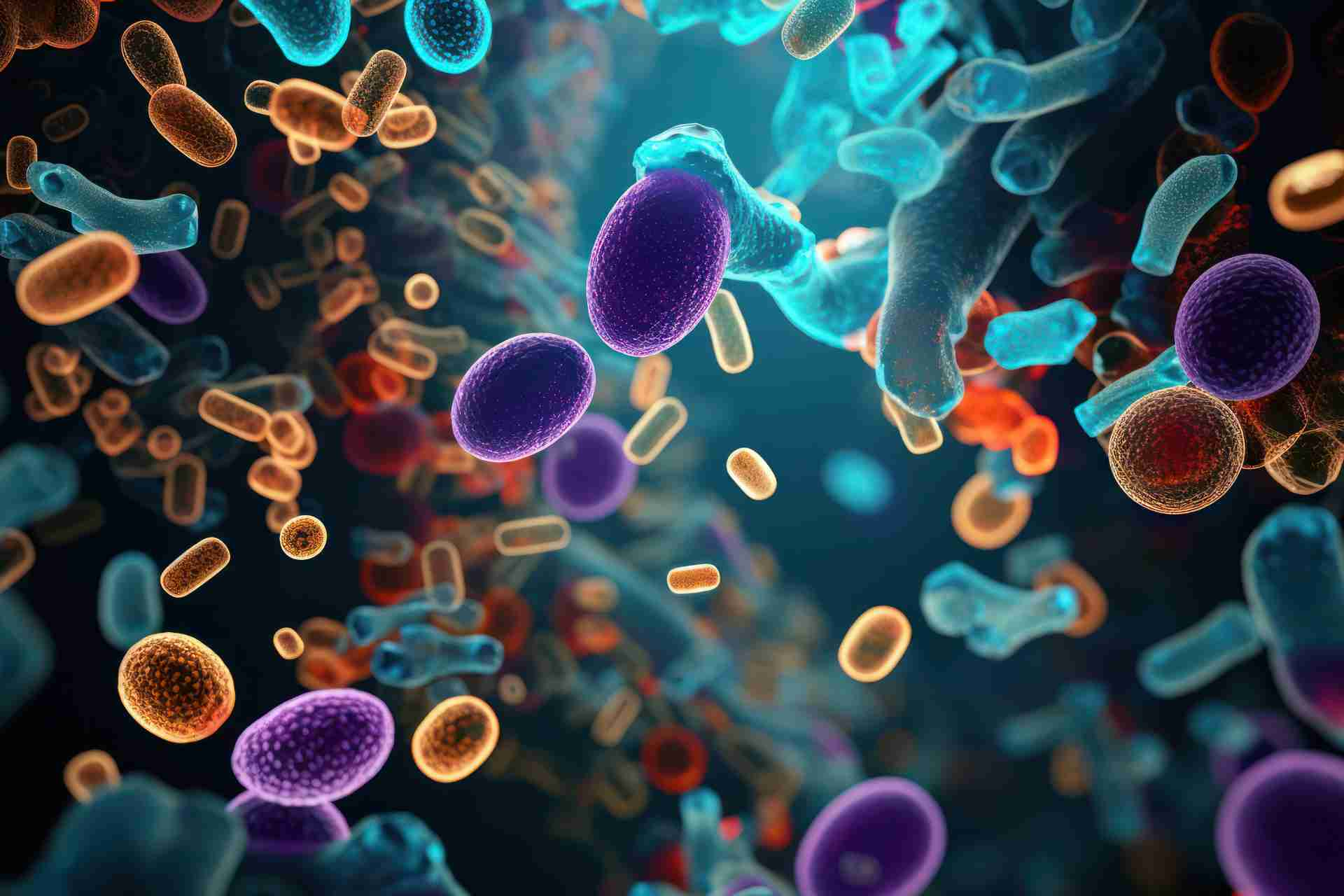What is already known
Recombination-activating gene (RAG) deficiency is a group of genetic conditions characterized by skin rashes, diarrhea, fever, and recurrent infections with opportunistic pathogens. People with RAG deficiency have mutations in genes involved in immune responses. As a consequence, these individuals have a weak immune system that makes them more susceptible to life-threatening infections. But how the immune system surveils and shapes microbiota colonization in RAG-deficient patients remains unclear.
What this research adds
Researchers investigated the resident microbes of the skin, nares, and gastrointestinal tract of eight people with RAG deficiency. The microbiotas of RAG-deficient patients differed from those of healthy people and showed an expansion of opportunistic pathogens.
Conclusions
Understanding microbial colonization in people who have an immune system that does not work correctly may shed light onto the effects of secondary immunodeficiencies — a series of conditions where the immune system is weakened by treatments such as cancer therapy.
Recombination-activating gene (RAG) deficiency is a group of genetic conditions characterized by skin rashes, diarrhea, fever, and recurrent infections with opportunistic pathogens. New research now reveals some key features of the microbiotas of people with RAG deficiency, who have an immune system that does not work correctly.
Understanding microbial colonization in these people may shed light onto the effects of secondary immunodeficiencies — a series of conditions where the immune system is weakened by treatments such as cancer therapy. The findings were published in Cell Reports Medicine.
People with RAG deficiency have mutations in genes involved in immune responses. As a consequence, these individuals have a weak immune system that makes them more susceptible to life-threatening infections. But how the immune system surveils and shapes microbiota colonization in RAG-deficient patients remains unclear.
Ryan Blaustein at the National Human Genome Research Institute in Bethesda, Maryland, and his colleagues investigated the resident microbes of the skin, nares, and gastrointestinal tract of eight people with RAG deficiency.
Microbial makeup
The microbiotas of RAG-deficiency patients were mostly dominated by Actinobacteriota, Bacteriota, Firmicutes, Proteobacteria, Malassezia as well as bacteria-specific viruses called phages.
In general, Cutibacterium acnes was the most prominent microbe on the skin of people with RAG deficiency. Some individuals showed distinct microbes, including Corynebacterium bovis, Staphylococcus hominis and viruses belonging to the family of Papillomaviridae. Escherichia coli and Corynebacterium pseudogenitalium were found at lower abundance in the skin microbiotas of adults with RAG deficiency. Most of these microbes, as well as Haemophilus influenzae and Malassezia restricta, were also found in the nasal microbiotas.
“Overall, RAG-deficient skin microbiome diversity appeared to be patient specific with microbial signatures for each individual, potentially related to the expanded niche in an immunodeficient population,” the researchers say.
Distinct microbiota
The gut microbiotas of RAG-deficiency patients were dominated by Parabacteroides distonasis and Alistipes onderdonkii. However, the trajectory of each person’s microbiota was highly individual, the researchers found.
Overall, the gut microbiotas of people with RAG deficiency differed from those of healthy people. “A variety of bacterial species that are otherwise absent in normal flora appeared to colonize patients with RAG deficiency,” the authors say.
In nasal and stool samples from people with RAG deficiency, the team also found a variety of new and known viruses, including different strains of Norovirus, which is associated with diarrhea, vomit, and stomach pain. Antimicrobial-resistance genes were also widespread in the microbiotas of people with RAG deficiency.
Studying the microbiota of people with genetic conditions that weaken the immune system may also help identify new viruses that infect humans, the authors say.









